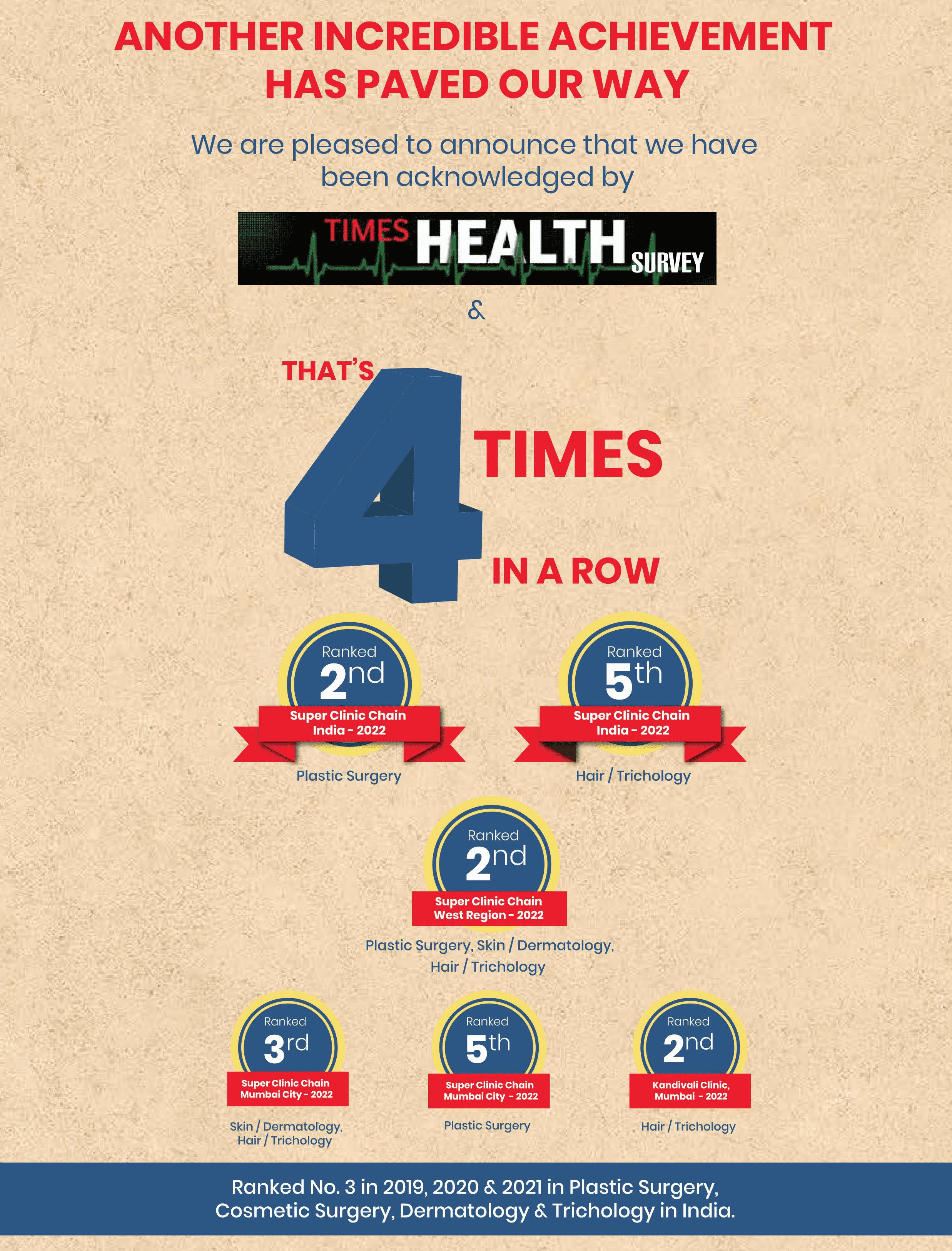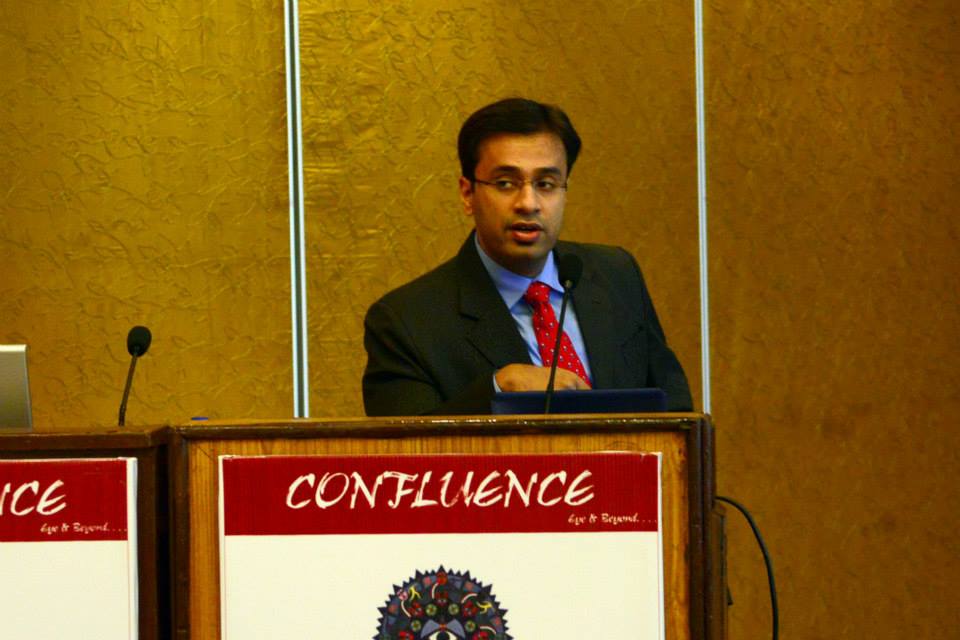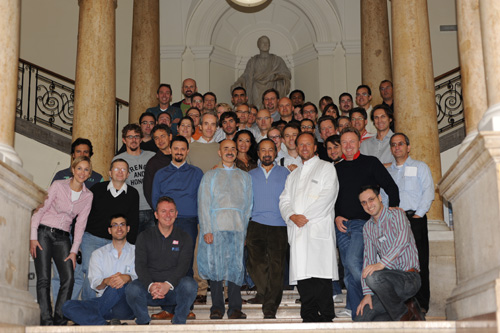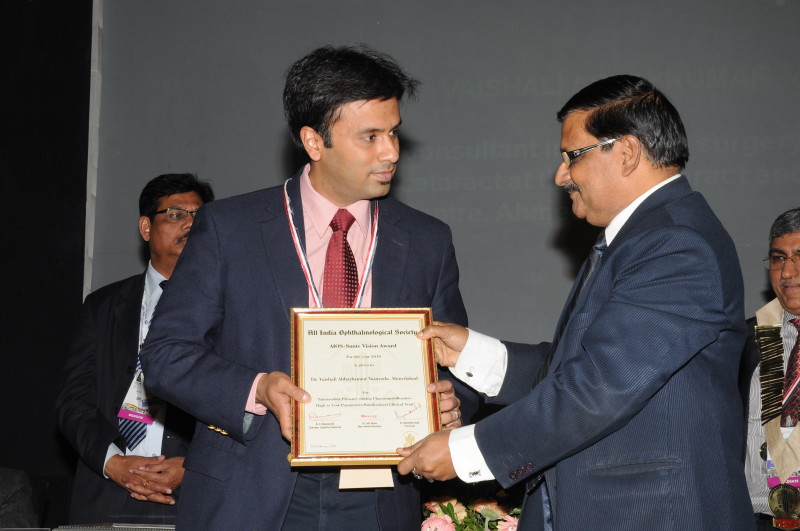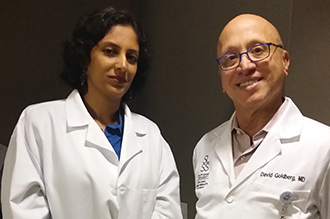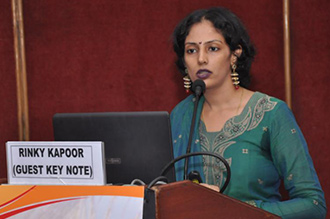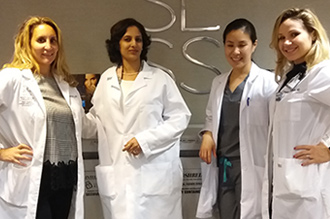The placement of (prosthetic) denture appears to be a straightforward exercise that does not require any form of surgery, but it is important to make certain preparations in order to have an appropriate placement. It is upon this premise that pre-prosthetic surgeries are necessitated. Pre-prosthetic surgery simply entails preparing the mouth before placing a prosthesis. Individuals who have come to terms with the significance of these surgeries will often seek to locate the best clinic nearby for pre-prosthetic surgery with the right resources and specialists to ensure that the denture has a balanced bone ridge to sit on.
The very first point you need to note is that dentures are used in replacing damaged or missing teeth – and they may either be completely or partially done. Specifically stating, you will be needing a pre-prosthetic surgery if the dental arch [formed by the bone ridge on the gum line] that would accommodate the denture is unevenly shaped or sharp – this can be traced to poor bone structure in ridges of the upper and lower jaws and the roof of the mouth. Additionally, pre-prosthetic surgeries are required to prevent dentures from slipping off which might result in some degree of discomfort. So, it is vital to ensure that the bone has the proper size and shape to promote functionality, comfort, and aesthetics.
After you must have resolved to do a pre-prosthetic surgery – probably based on your dentist’s advice – the next step to take is to schedule a consultation with a specialist surgeon. It is during this first consultation that the surgeon gets to assess your situation, acting on your medical history and the X-ray examination he/she must have taken you through. More so, as a one-size-fits-all rule cannot be applied to every patient’s case, this consultation will help the surgeon design a plan that is unique for you. A date will thereafter be fixed for your surgery.
There are various types of pre-prosthetic surgery, meaning the approaches taken in preparing the oral cavity also vary. Some of these will now be extensively discussed:
The first port of call for the surgeon will be to anaesthetize the spot to be operated on and then make incisions within the gum. It is this incision that would enable the surgeon to gain access to the tori. Using a laser tool, the surgeon removes the bone (i.e., torus) or reduces it to the barest minimum or the size that would not disturb denture placement. After this, the bone formation is smoothened with the aid of a specialized tool, and the site is then stitched.
Maxillary tuberosity reduction is performed under local anaesthesia, with the surgeon making incision in the area and then remove the excess tissue. In some instances, this can be followed by the removal of some bone portions. Once this is sorted out, the site is closed up using stitches.
In performing Kazanjian’s technique, the surgeon applies local anaesthesia and makes incision on the lip’s mucosa thereby creating a flap of the labial and vestibular mucosa. The oral vestibule is then enlarged via a definitive form of dissection known as supraperiosteal dissection. Thereafter, the surgeon turns the flap away from the alveolar ridge to enable subsequent stitching [of the flap] to the periosteum. Now, the surgeon secures the flap in place with the aid of a specialized stent thus allowing the proper deepening of the vestibule. The specialized stent will be removed after 1 week. This pre-prosthetic surgery is completed with the actualization of secondary epithelialization which is intended to promote wound healing.
Your recovery period will be dependent on the type of surgery that was performed on you. For instance, while patients who underwent maxillary tuberosity reduction or frenectomy may take 3 – 4 weeks to fully recover, someone who had an alveoplasty may need 3 – 6 months to do so. Notwithstanding, you will have to make some lifestyle adjustments during the healing period. For one, you should desist from doing stressful physical exercises, and also avoid smoking.
Foods that are crunchy, spicy, acidic or such that can easily irritate the oral tissue should also be avoided during this time. More importantly, you should regularly clean your mouth to avoid infection and/or poor dental health. Also, if you are given antibiotics or any other prescriptions, you should make sure that you adhere to them and use your medication as and when due. The surgeon who performed the surgery on you will certainly have further instructions for you – these must be taken to heart.
As you must have noted, pre-prosthetic surgeries cost is not strictly defined by a singular approach and every patient’s concern also varies. So, it might not be fitting to give a range right here. You will get to have an exact figure once your situation has been evaluated, leading to the selection of a suitable procedure and administration of other therapeutic interventions.
At The Esthetic Clinics, you will be attended by highly professional team of specialists that include Dr. Debraj Shome, who is a celebrity surgeon and currently one of the best in the field in India. Pre-prosthetic surgeries are delicate and should be done with great precision; it is upon this understanding that our clients have consistently referred others to us. Putting on a great smile is what we owe you, and our plastic surgeons are very much ready to ensure that you walk out of the clinic with utmost satisfaction. You are just one call away from that premium quality pre-prosthetic surgery in Mumbai.
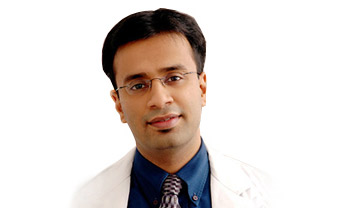

Dr. Debraj Shome is Director and Co founder of The Esthetic Clinics. He has been rated amongst the top surgeons in India by multiple agencies. The Esthetic Clinics patients include many international and national celebrities who prefer to opt for facial cosmetic surgery and facial plastic surgery in Mumbai because The Esthetic Clinics has its headquarters there.
